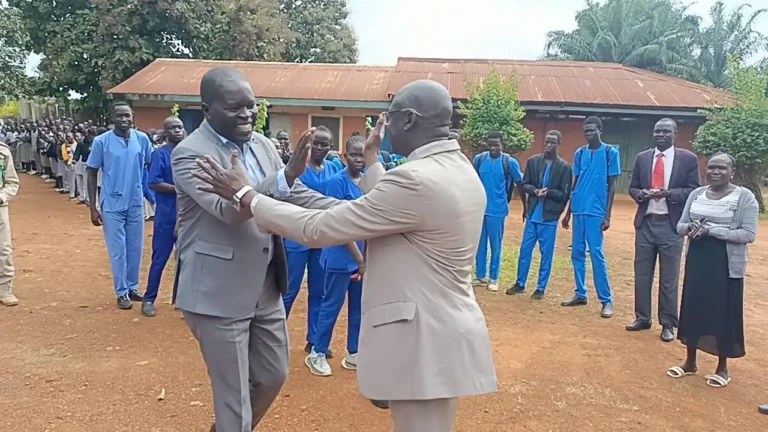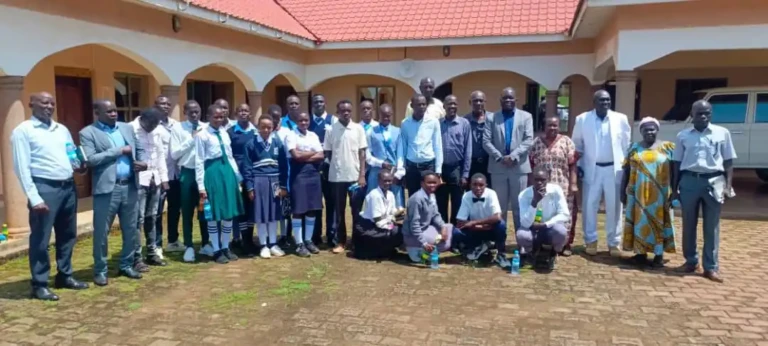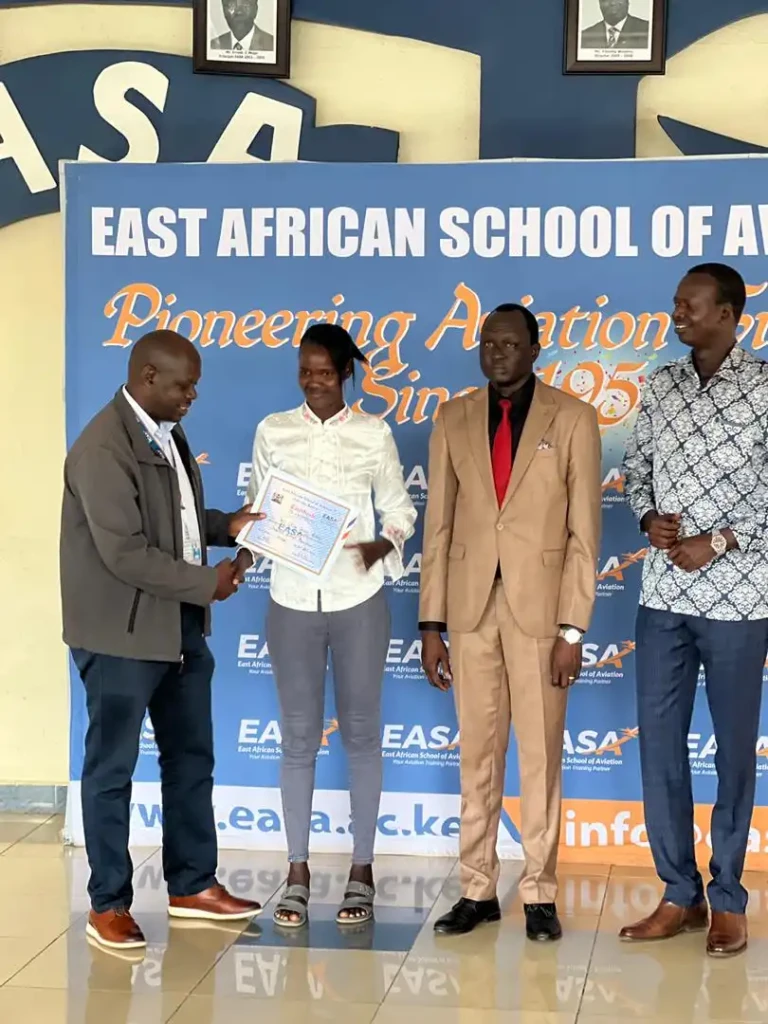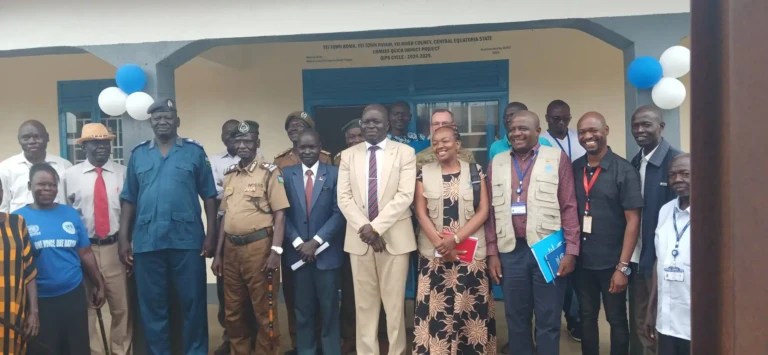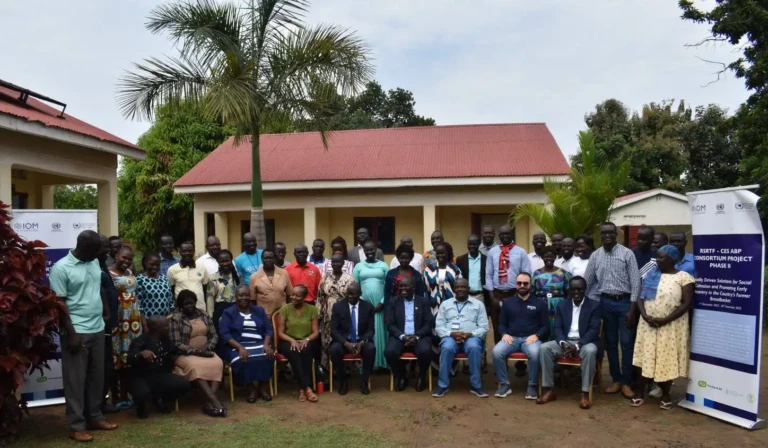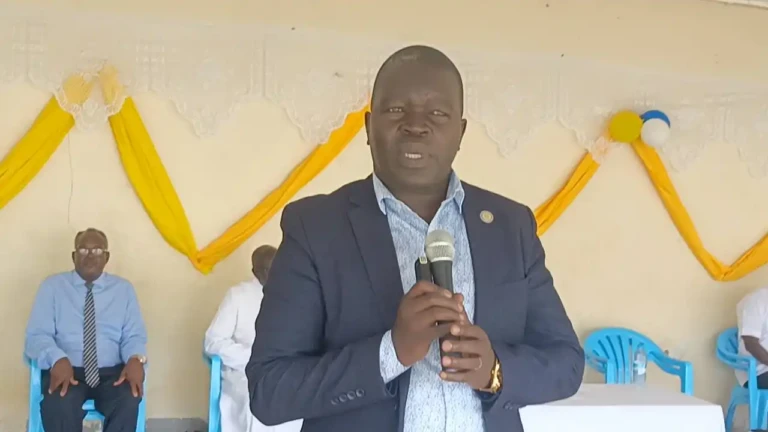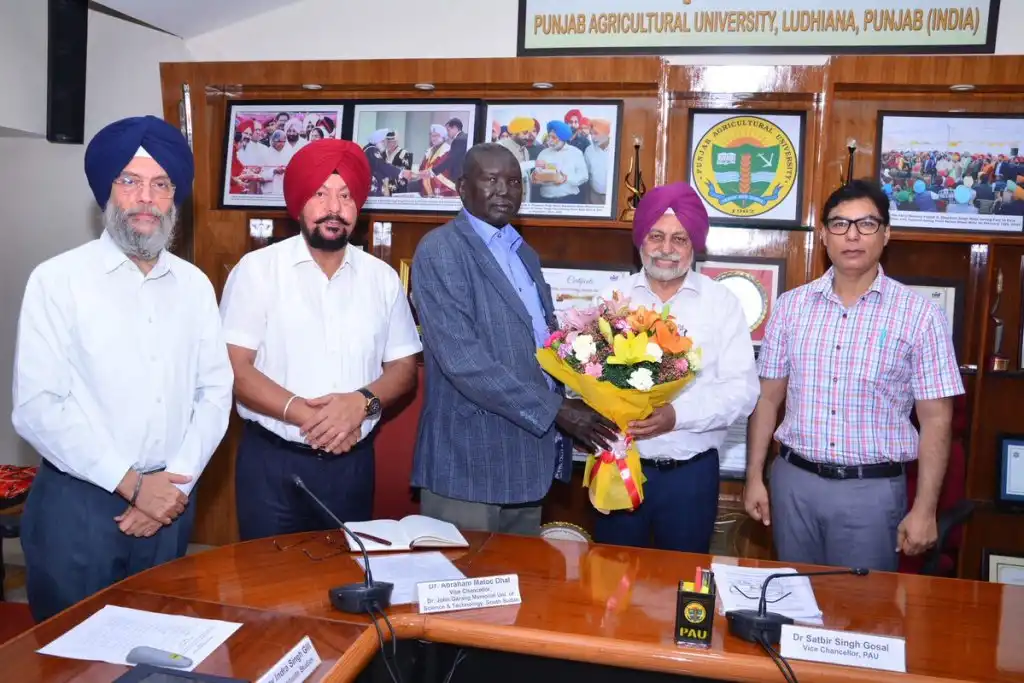
PHOTO CREDIT: Punjab Agricultural University Ludhiana
(INDIA) – The Vice Chancellor of Dr John Garang Memorial University of Science and Technology (DrJGMUST) in South Sudan, Dr Abraham Matoc Dhal, has visited Punjab Agricultural University (PAU) in Ludhiana, India, as part of an academic tour under the Indian Council for Cultural Relations (ICCR) Academic Visitors Programme.
His visit aimed at exploring opportunities for future collaboration in agricultural research, education and technology transfer between South Sudan and India.
During discussions with his Indian counterpart, PAU Vice Chancellor Dr Satbir Singh Gosal, Dr Dhal was briefed on how the Indian university is shifting its focus from grain based farming to a more diversified agribusiness model. This transition includes integrating crops with livestock, aquaculture, agroforestry and horticulture to improve income, food security and rural employment.
Dr Gosal also shared innovations developed by PAU, such as surface seeding technology and cutting edge research on wheat traits like heat tolerance, photosynthetic efficiency and root development.
Dr Dhal described South Sudan’s agricultural landscape as one of immense potential. More than 50 percent of the country’s land is categorised as prime farmland, supported by plentiful water resources from the White Nile and vast wetland systems. He noted that the country’s varying ecological zones are suitable for growing a wide range of crops, including finger millet, sorghum, pulses, oilseeds, sugarcane and coffee. Agriculture contributes about 23 percent to South Sudan’s GDP, making it a vital sector for national development and economic recovery.
The South Sudanese academic expressed strong interest in building capacity at home through institutional partnerships with PAU, particularly in areas such as research, curriculum development, staff training and sustainable farming practices.
DrJGMUST, located in Bor, Jonglei State, is a key institution in South Sudan’s post conflict rebuilding efforts. It includes colleges in agriculture, veterinary medicine, environmental science and computer science, all of which are central to the country’s strategy for science driven development.
Earlier in the visit, PAU Registrar Dr Rishi Pal Singh welcomed Dr Dhal and highlighted shared challenges faced by both Punjab and South Sudan, including climate variability and the shortage of skilled agricultural workers. He said PAU’s philosophy of “knowledge without borders” makes international collaboration essential, particularly when aligned with local needs and conditions.
Dr A S Dhatt, PAU’s Director of Research, also gave a detailed presentation on the university’s scientific contributions to Indian agriculture. These include water saving techniques, integrated nutrient management systems,and new technologies like genome editing and nano-fertilisation. He highlighted high impact crop varieties developed by PAU, such as high zinc wheat (PBW1 Zn), early-maturing wheat (PBW 826) and starch rich varieties like PAU RS-1. The university has also achieved notable advances in rice, cotton, sugarcane and maize breeding.
The potential collaboration between PAU and DrJGMUST could support South Sudan in modernising its agriculture through improved research capacity, innovation and local adaptation of farming technologies. While no formal agreements were announced during the visit, both universities signalled a strong commitment to building academic and technical ties in future.
Discover more from Access Radio Yei News
Subscribe to get the latest posts sent to your email.

